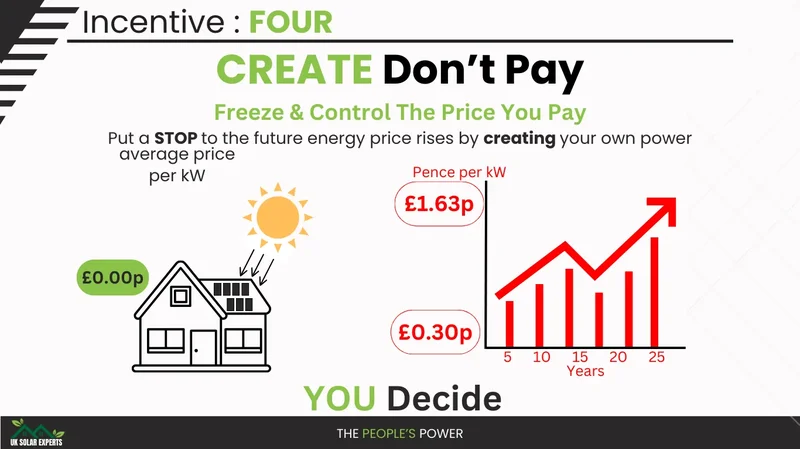Okay, folks, buckle up, because we're about to dive into a topic that's got a lot of people worried, but honestly? I'm seeing a massive opportunity hiding in plain sight. News just broke that the federal solar tax credit is getting slashed, thanks to decisions made back in the Trump era. For places like Hawaiʻi, already struggling with crazy electricity costs, it feels like a punch in the gut. And yeah, headlines are screaming about a potential "bloodbath" for the solar industry.
But hold on a second. Let's not let short-sighted policies cloud our vision of the future. What if this isn't the end of the solar revolution, but a catalyst for something even bigger and better?
The situation in Hawaiʻi is particularly stark. We're talking about electricity rates that are more than double the national average! Solar has been a lifeline, an "escape hatch," as one article put it, allowing families to break free from the grip of these sky-high utility bills. Now, with the federal credit gone, suddenly, a $15,000 solar system is going to cost thousands more. Ouch.
And it's not just homeowners feeling the pinch. The solar industry in Hawaiʻi employs thousands of skilled workers. Installers, electricians, project managers—these are good-paying jobs in a state that desperately needs them. The prospect of massive layoffs and business closures is, frankly, terrifying.
But here's where I get excited, because necessity is the mother of invention, right? This tax credit cut, while frustrating, could force us to get creative, to innovate our way out of this mess and build a more resilient, more accessible clean energy future.
Think about it: what if this pushes Hawaiʻi to double down on its own state-level incentives? What if they increase their existing 35% tax credit to offset the federal loss? That sends a clear message: Hawaiʻi is serious about solar, no matter what Washington does.
And it's not just about tax credits. What about direct rebates for low- and middle-income families? The state already has a barrel tax on imported oil. Why not use some of that revenue to fund rebates that make solar accessible to everyone, not just those with tax liability? It's about turning the problem (dependence on fossil fuels) into the solution (clean energy adoption). It's elegant policy!
I read about one company in North Carolina, EnerWealth Solutions, that's buying solar panels with the tax credit still available to commercial entities and then renting them to homeowners, passing along the savings. Talk about thinking outside the box! What if we saw more of these innovative financing models popping up across the country?

And let's not forget about streamlining the whole process. Bureaucratic red tape and permitting delays add unnecessary costs to every solar installation. Slashing that friction could make a huge difference, especially if financial incentives become less generous.
The fact is, the sun isn't going anywhere. It rises every morning, shining its brilliant light on our islands. The question is, do we have the political will to harness that power for all of our people?
This isn't just about saving money (though that's a huge benefit). It's about energy independence. It's about reducing our reliance on fossil fuels and creating a cleaner, healthier planet for future generations. It's about building a more resilient economy that creates good-paying jobs right here at home.
I'm seeing stories about rural towns in the Midwest going solar and saving thousands of dollars. One city council member in Pelican Rapids, Minnesota, who was originally against solar, is now saying it'll probably help pay for the town's upgraded pool! That's the kind of win-win scenario we need to be striving for. I read about this in an article titled, Rural Midwestern towns are saving huge amounts of cash by going solar: 'It'll probably help pay for the pool'.
What if every community center, every synagogue, every school in America had solar panels on its roof? As one article pointed out, that would free up funds for vital programs and services, while also reducing their carbon footprint.
When I think about the possibilities, I'm reminded of the early days of the internet. People were skeptical, they didn't understand it, they thought it was just a fad. But look at where we are now. The internet has transformed every aspect of our lives. I believe solar power has the same potential.
I also believe that this isn't just about technology; it's about ethics. We have a responsibility to use our knowledge and resources to create a more sustainable future for all. We need to be mindful of the potential impacts of new technologies and ensure that they are used for good.
This isn't a setback, folks; it's a launchpad! We've got the technology, we've got the will, and now we have the urgency. Let's use this moment to unleash our collective creativity and build a solar-powered future that's brighter, more equitable, and more sustainable than ever before.